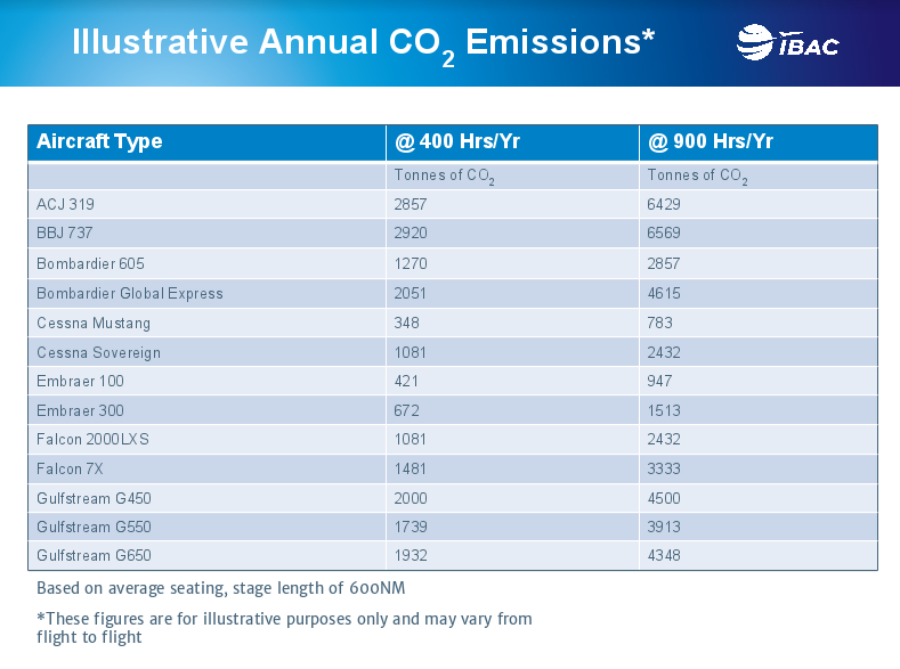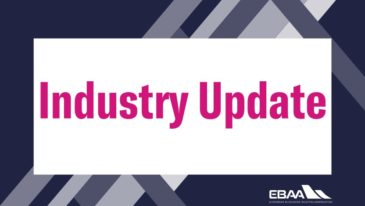Market Based Measures (CORSIA)
There are several regulatory market-based measures, such as the Carbon Offsetting Reduction Scheme for International Aviation (CORSIA).
CORSIA
The CORSIA will help industry meet its goal of carbon neutral growth from 2020 in support of the Business Aviation Commitment on Climate Change. Basically, aircraft operators whose operations are covered will offset the growth in their carbon emissions in international flying on an annual basis from a 2020 baseline (i.e., the difference between the emissions of 2020 and those of subsequent years).
The ICAO Standards and Recommended Practices (SARPs) spelling setting out the CORSIA requirements are currently under development, but general outlines are known, particularly whether an operator is covered. now in place.
The Carbon Offsetting and Reduction Scheme for International Aviation (CORSIA) started its two-year baseline monitoring process on 01 January 2019. The baseline represents the basis for carbon neutral growth from 2020, against which emissions in future years are compared and any difference will represent the sector’s offsetting requirements for that year.
All operators that that are not subject to the scheme exemptions should have submitted information in the CORSIA Emissions Monitoring Plans (EMP), by the 28th February 2019. The standard ICAO template for the EMP can be found here and is free of charge on the ICAO CORSIA website.
Any operator who doesn’t have an in-house monitoring system for their emissions will eligible to use the CORSIA Emissions Reporting Tool (CERT), which has been developed by ICAO especially for small emitters who emit less than 500,000 tonnes of CO2 a year.
For those operators who do have an internal monitoring process, or fuel monitoring software, the ICAO CORSIA CO2 Estimation Models (CEMs) can be integrated into these systems so that monitoring for CORSIA can be achieved within your own systems. More information can also be obtained about this from the ICAO CERT page.
Exempt Operations
By now all operators should be monitoring fuel use as a matter of best practice. In general, most business aircraft operators will not be covered or required to participate in CORSIA. There are several important exemptions under which many operators fall. As a first step, consider your operation against the following exemptions (and note this applies to international flying only; domestic flights are not covered):
- Operators that emit fewer than 10,000 tonnes of CO2 in international flights annually
- Aircraft under 5,700 kg MTOW; and
- Humanitarian flights (e.g., medical, disaster relief, firefighting).
The table below provides a general idea of the degree to which your operations may be covered. Another useful measure to consider is that 10,000 tonnes of CO2 emissions are roughly equivalent to one million U.S. gallons or 4 million liters of fuel.




